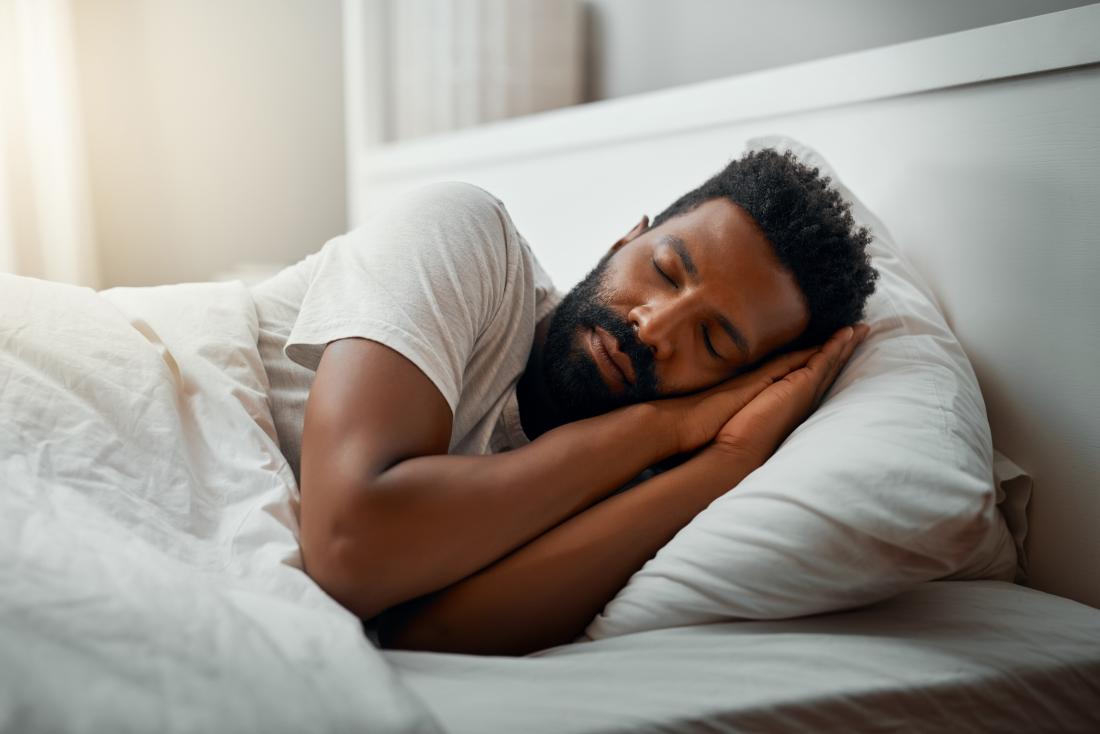Why You May Have Insomnia and How to Fix It
Healthy sleep is an essential requirement for being a healthy person. Unfortunately, nowadays, we suffer from insomnia more frequently due to many reasons. And even when you genuinely want to sleep, insomnia prevents you from doing so. So, what might bring on yet another restless night?
Main Insomnia Reasons
Stress. Despite our best efforts to avoid it, stress is constantly in our lives. Sleepless nights are frequently brought on by losing a career that you love or a close relative. Acute insomnia is insomnia that goes away on its own after a few days. Chronic insomnia is a more severe condition caused by long-term anxiety and mental distress.
Broken sleep pattern. It occurs when a person has a lot of flights, travels between time zones, works late, or has no modes of transportation in their life. In addition, some people might struggle to fall asleep at “standard” hours due to a biological habit.
Mental condition. Most of our time is spent dealing with problematic mental illnesses. For example, people more prone to depression are far more likely to struggle with sleep, preventing them from getting enough rest. Frequently, a person who seeks care for sleeplessness is later found to have a mental illness.
Breathing issues. Numerous times per night, loud snoring that disturbs your breathing can wake you up. The following day, you could not even remember it, but you won’t be happy. Also, breathing with asthma or having allergies might negatively impact sleeping or being overweight. You must visit a doctor if you want to resolve any of these issues.
Pain. It might keep you from usually recuperating, regardless of whether you have arthritis, persistent back issues, or another severe illness. Additionally, insomnia may be a complicating matter and develop a pain cycle.
Itching. Eczema or psoriasis can itch and burn so intensely that you lose all other thoughts. And you won’t get distracted by counting sheep before bed. Therefore, it is essential to visit a doctor if you cannot determine what is irritating.
Menopause. A woman’s body quits releasing progesterone and estrogen as she ages. Women are more anxious because their hormonal balance is changing, and they are more sensitive to everything that happens in life. Hot flashes, sudden spikes in temperature brought on by adrenaline, might cause a woman to wake up frequently at night.
Primary insomnia. According to medical professionals, some people’s brains stay more alert—too alert— when they ought to be sleeping. It is yet unclear why this is the case; however, there may be specific physical differences that are likely hereditary. Scientists are still researching this problem.
What Simple Rules Can Help with Insomnia?
Thanks to science, we understand what happens to us during sleep and how it can be influenced. To date, sleep is the best way to restore our body, and so far, nothing can replace it. While we sleep, the hormone melatonin works. Its concentration in the blood at night is 30 times greater than during the day, and the maximum concentration on average for many observations occurs at about 2 am local solar time.
Melatonin acts on our cells and changes the level of secretion of other hormones. It is such a pacemaker of the whole body system. Melatonin neutralizes the destructive effects of oxidative processes, which are the main cause of under-recovery, aging, and skin fading. It penetrates all organs and tissues and contributes to the normalization of the immune system. Scientists have found that hormonal recovery occurs best before 24:00; by this time, it would be good to sleep for up to a couple of hours.
Change your bedroom to restore normalcy to your sleep cycle. You should feel safe, secure, and at ease there. Reduce your caffeine intake. Instead, spend a few minutes before bed relaxing with a hot bath, reading, or doing some mild stretching. Avoid arduous tasks, loud conversations, and fatty or heavy meals in the evening.
Here are other valuable tips that may help you to get the most out of your sleep:
- Go to bed early, get up early.
- Set the alarm for the time you need to go to bed.
- Take a walk before bed or turn off the Wi-Fi at home an hour before bedtime.
- If you have drunk alcohol, the time between the last drink and going to bed should be at least 3 hours.
- Ventilate the room, and it is best to sleep at temperatures around 17-18C.
- Make sure your body is comfortable. Please do not skimp on the bed because you spend a third of your life in it.
- Go to bed earlier if you know, that tomorrow you would have a tough day.
For premium readers







